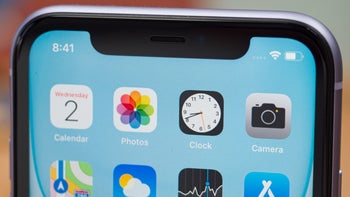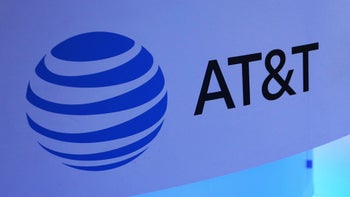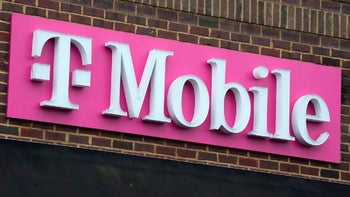Data released by Apple contradicts Trump and Barr

If you listened to President Donald Trump and Attorney General William Barr this past week, you might have thought that Apple fails to respond every time law enforcement requests user data from one of its customers. Barr, for example, spoke to the media last week about two iPhones owned by a deceased terrorist that Apple is not unlocking. The Attorney General said, "This situation perfectly illustrates why it is critical that investigators be able to get access to digital evidence once they have obtained a court order based on probable cause. We call on Apple and other technology companies to help us find a solution so that we can better protect the lives of Americans and prevent future attacks."
In a tweet, President Trump wrote "We are helping Apple all of the time on TRADE and so many other issues, and yet they refuse to unlock phones used by killers, drug dealers, and other violent criminal elements. They will have to step up to the plate and help our great Country." But data provided online by Apple reveals that the company has complied with 90% of the government's request for account information. Trump and Barr are referring to one specific situation currently in the news. The FBI has requested that Apple unlock an iPhone 5 and an iPhone 7 that belonged to Mohammed Saeed Alshamrani who allegedly killed three people last month at a Navy base in Pensacola, Florida. The government is calling it a terrorist attack, and the shooter was killed by the police.
Apple refuses to open the phones for the same reason it refused to unlock an iPhone 5c under similar circumstances in 2016. The company would have to develop another version of iOS for the government. If someone were to leak the software, all iPhones would become easy prey for hackers. Besides, there are indications that third-party companies can unlock at least one and possibly both of Alshamrani's phones.
Apple says it complied with government requests for account information 90% of the time during the first half of 2019
The transparency data released by Apple yesterday covers the first half of 2019 (January 1st to June 30th to be more precise). A chart posted by Apple covering government requests for account data reveals that the U.S. government made 3,619 such requests during the aforementioned time period. 15,377 specific Apple accounts were mentioned in these requests. According to Apple, it complied with the requests and turned over at least some data 90% of the time. The information covered by these requests include "details of customers' iTunes or iCloud accounts, such as a name and address; and in certain instances customers' iCloud content, such as stored photos, email, iOS device backups, contacts or calendars."

Trump falsely attacks Apple for not responding to law enforcement requests for user data
This data released by Apple indicates that the president and his top law enforcement official are trying to manipulate Apple into doing something that the company feels would not be in the best interests of iPhone users worldwide (the president being one of them, we should point out). Barr hinted that he might seek a court order to force Apple to open Alshamrani's phones, but then again why should Apple be forced to comply with a court order requested by an administration that constantly disregards them?
Barr wants Apple and other tech firms to create a backdoor that would allow the government access to personal data it has a court order to obtain. But in the hands of certain government officials, this possibility is frightening. Even some FBI officials concur that Apple has been a big help to law enforcement. Defending the use of encryption, the company says, "Law enforcement has access to more data than ever before in history, so Americans do not have to choose between weakening encryption and solving investigations. We feel strongly encryption is vital to protecting our country and our users' data."












Things that are NOT allowed: